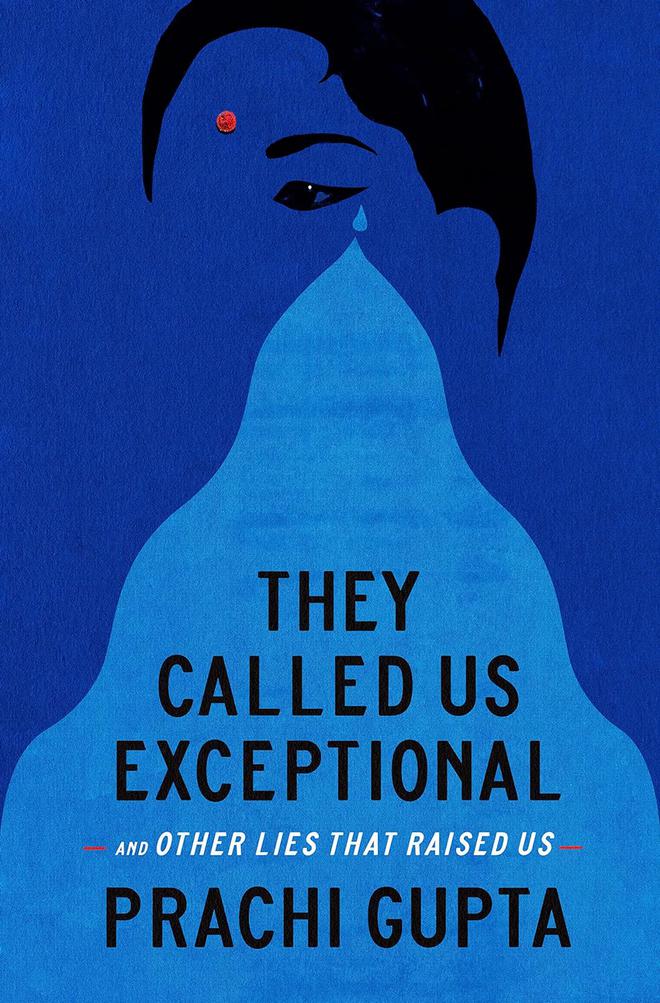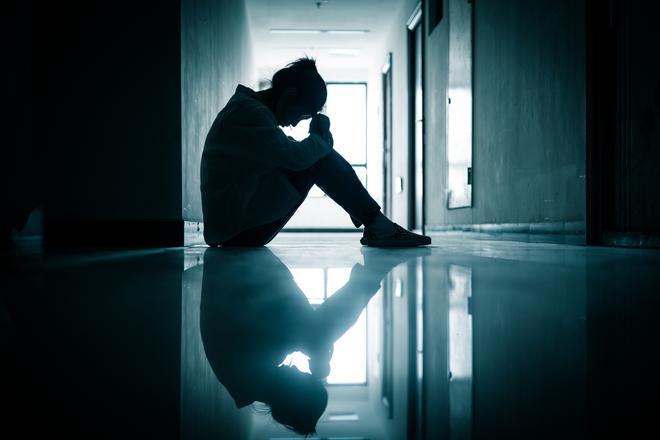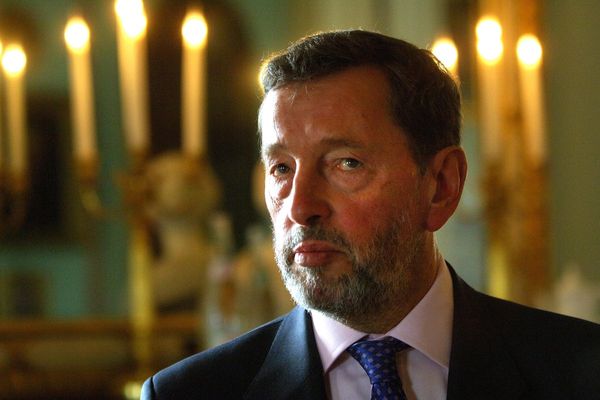Leo Tolstoy’s quip, “All happy families are alike; each unhappy family is unhappy in its own way,” is frequently cited by the literati. Prachi Gupta, a thirtysomething Indian American writer, nods to this. Raised with a doctor father, a tender mother and a gifted brother in a quintessentially suburban life, Gupta unveils what really goes on behind closed doors, be it mental health afflictions, verbal and physical abuse; all with the possibility of looming — though unexpected — deaths making an appearance. Her memoir, They Called Us Exceptional and Other Lies That Raised Us, was based on an essay she wrote in 2019, and her struggle to make sense of the death of her brother, with whom she shared an on-and-off companionship. The expansion into a book includes a wider lens of her upbringing in America and emergence into young adulthood — including romantic relationships, career changes, family dynamics — with further analysis. Edited excerpts from an interview.
Why write a memoir?
I never really wanted to write a memoir. I dreamed of writing fiction. But in 2017, my brother Yush died. We had been best friends for most of our lives, but at the time of his death, we had been estranged for about two years. In my grief, I had to understand how he died, and what any of us could have done differently to save him.
You acknowledge potential blowback for airing family challenges.
I agonised over whether or not to write this book. But I kept coming back to the belief that if a book like this had existed for my family when we were younger, maybe things could have turned out differently.
You mentioned growing up in a predominantly Caucasian community impacted your self-perception, even calling yourself “ugly” for your curly hair and other Indian traits.
This is unfortunately a very common experience for anyone who grows up in an environment where they do not match the image of what the dominant society or mainstream culture idolises as beautiful or desirable.
I still struggle with it sometimes, but certainly the media landscape in America has changed a lot from the 1990s. And, more holistically, as I reached my 30s and began to deprioritise “fitting in.” Now I am so grateful for the traits that I have inherited from my ancestors.

Without giving too much away to our readers, your father seems to haunt the book.
I think most of us know what it’s like to love someone deeply who also hurts us deeply. I wanted to show how this push-pull dynamic unfolds, how it feels, and the choices it forces us to make.
When we send children or partners the message that they must sacrifice themselves to keep the peace for the sake of the family unit, we are actually enabling pain and dysfunction that caused the initial rupture, and deepening our sense of isolation.

Much of your relationship with your father appears to be an environment of consistent instability. How did you cope?
From a very young age, I kept a journal and I immersed myself in art. Art gave me a sense of purpose at a very early age. I felt there was something vital to creating.
My dad gave me every tool to succeed in the world. But as I grew up and tried to fit the mould of the daughter I thought he wanted, my creativity dried up. I stopped drawing and writing. I graduated college, went into management consulting, got engaged to a doctor. I was conventionally successful. But I realised that I was miserable, and I saw that despite all that they had achieved, my brother and my father were miserable, too. They both attempted suicide within months of each other, and I was worried that I was heading down that same path. I decided that I needed to change my circumstances and go follow the impulse to create again.
What has the response been like?
I think the most surprising thing is how many people around the world can see themselves in my family’s story. Also, my Dadaji died last winter, just months before the book was due out, and he was so excited for it. He understood that I was going to tell the full story, and he supported that decision. I drew a lot of inspiration and courage knowing that I had his support.
They Called Us Exceptional and Other Lies That Raised Us; Prachi Gupta, Penguin Random House, ₹550 (Kindle).
(If you are in distress, please reach out to these 24x7 helplines: KIRAN 18005990019 or Aasra 9820466726.)
The interviewer is a freelance writer and HR Consultant based in Mumbai and Toronto.







